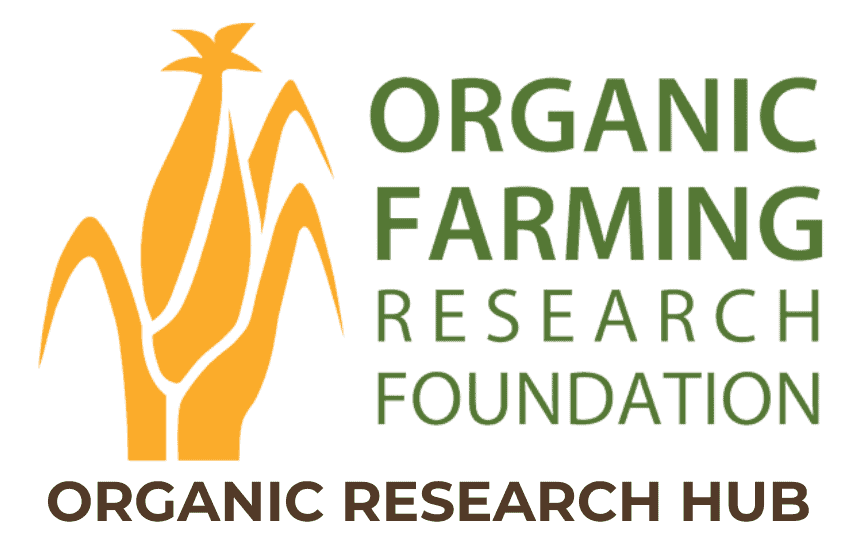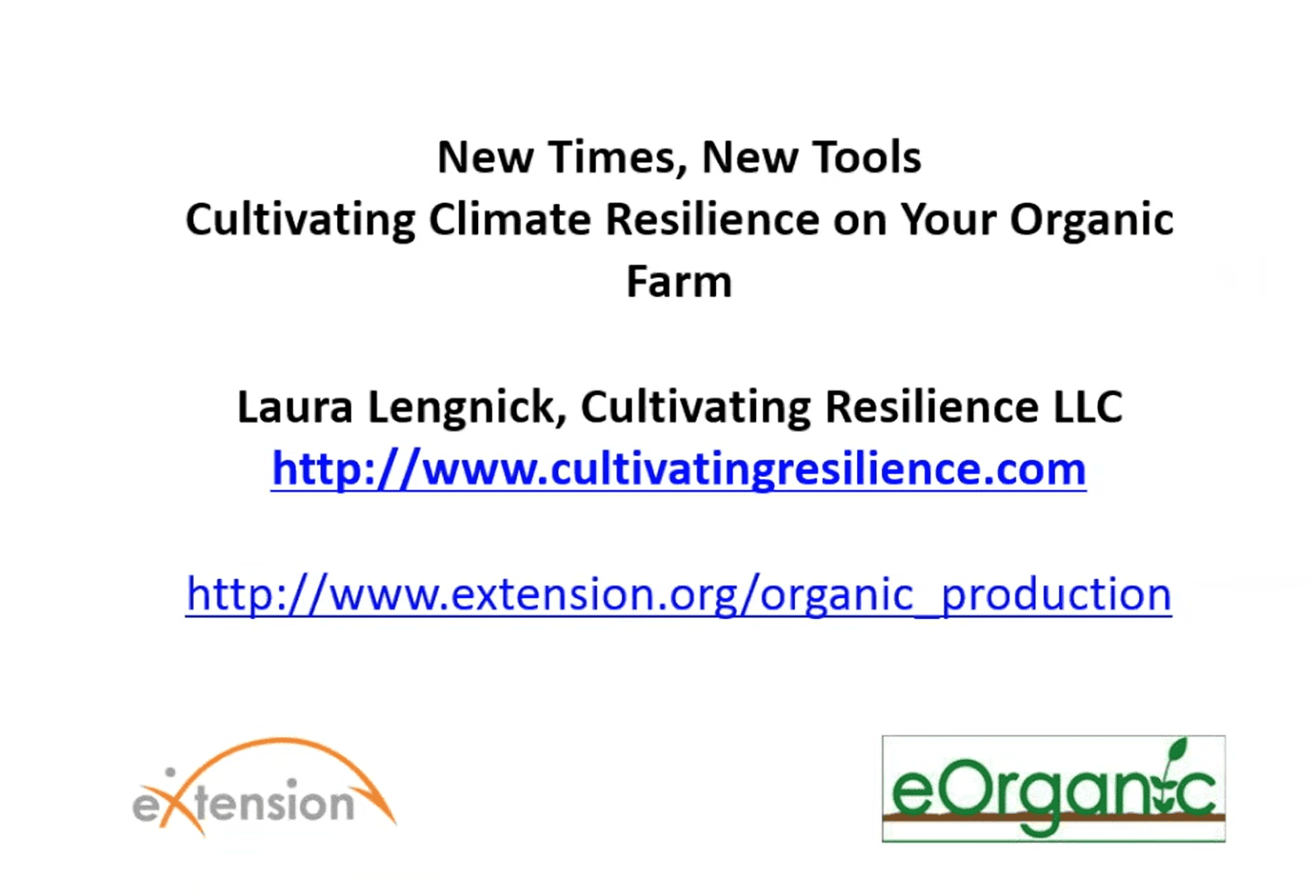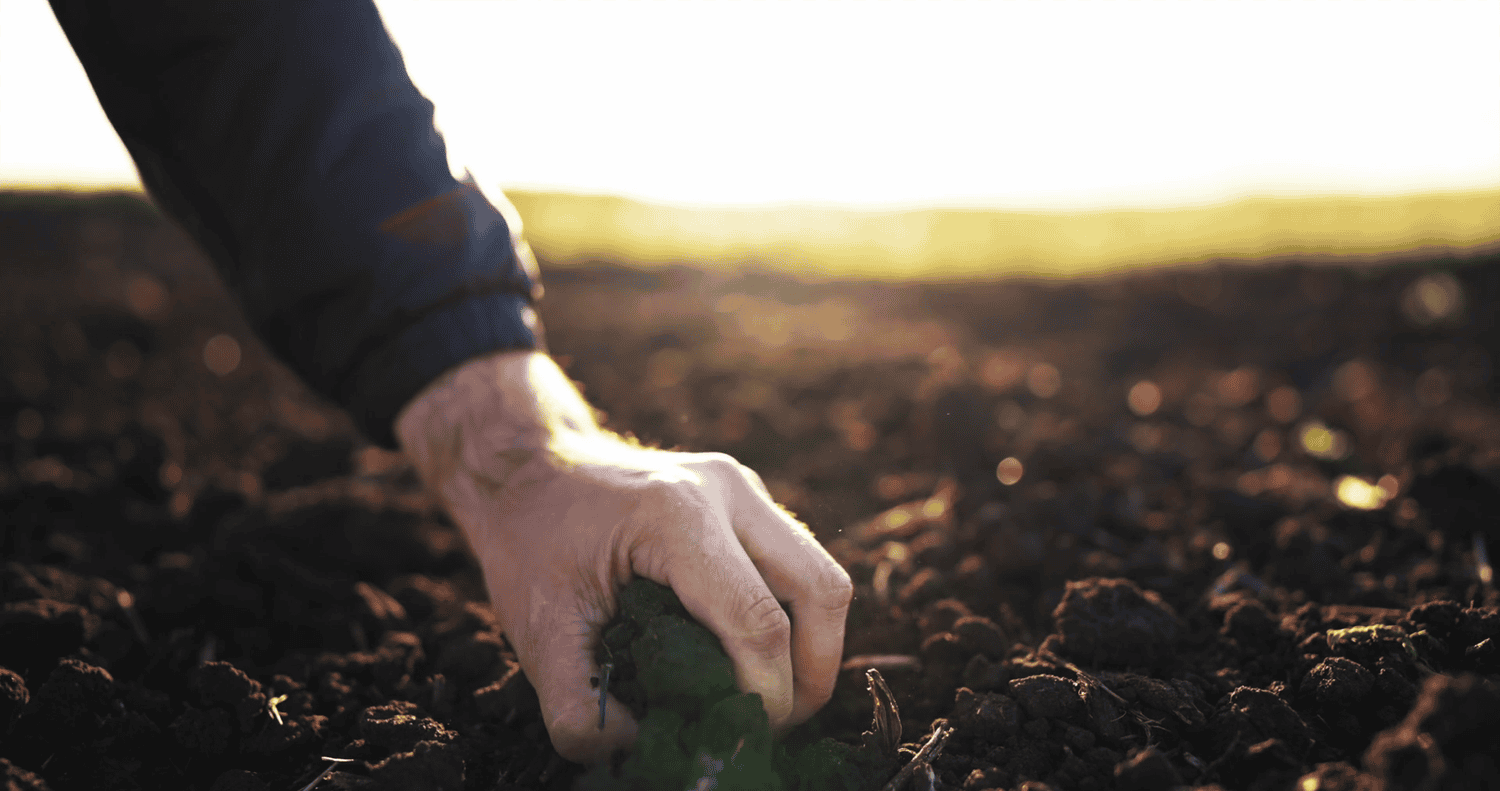Building Climate Change Resilience with Coffee Smallholder Producers by Extending Organic Practices to Staple Crops

In 2017, a participatory action research team from the University of Vermont initiated a study to identify the underlying causes of the annual food insecurity faced by families belonging to an organic coffee cooperative. The research revealed the significant role of the traditional and organic polycrop milpa system, based on maize, beans, and squash, in reducing food insecurity, alongside organic coffee production and beekeeping. However, this region was characterized by high rates of milpa system abandonment, two organic coffee diseases, and increased organized crime, leading many farmers to migrate to the USA.
Against this backdrop, a new phase of the participatory action research process was launched, focusing on revitalizing the milpa system in four communities. This phase employed participatory methodologies and analyses, along with co-designing educational and experimental plots to promote organic alternatives. Throughout the process, community awareness of the potential for dignified farmer livelihoods was fostered to discourage the abandonment of agricultural activities.
Due to exceptional challenges faced by the CESMACH cooperative, establishing educational and experimental plots was not feasible. Instead, workshops and community reflection sessions were conducted to empower the community to independently revitalize their milpa systems. Collaborating with children and youth, the project produced three short documentaries highlighting the crucial role of the milpa. Additionally, a documentary and a comprehensive farmer poster were created and widely disseminated locally, regionally among other cooperatives, and to national and international audiences. The collaboration with CESMACH will continue, providing support for their efforts in revitalizing the milpa system and overcoming food insecurity.
Region
Northeast/Mid-Atlantic
Topic
Climate Solutions, Transitioning to Organic, Cropping Systems
Category
Vegetables/Fruits, Grain and Field Crops
Date Range
2021 to present
Funding Amount
$19,970
Funding Year
2021Location
Burlington, Vermont
Collaborators
Campesinos Ecológicos de la Sierra Madre de Chiapas



